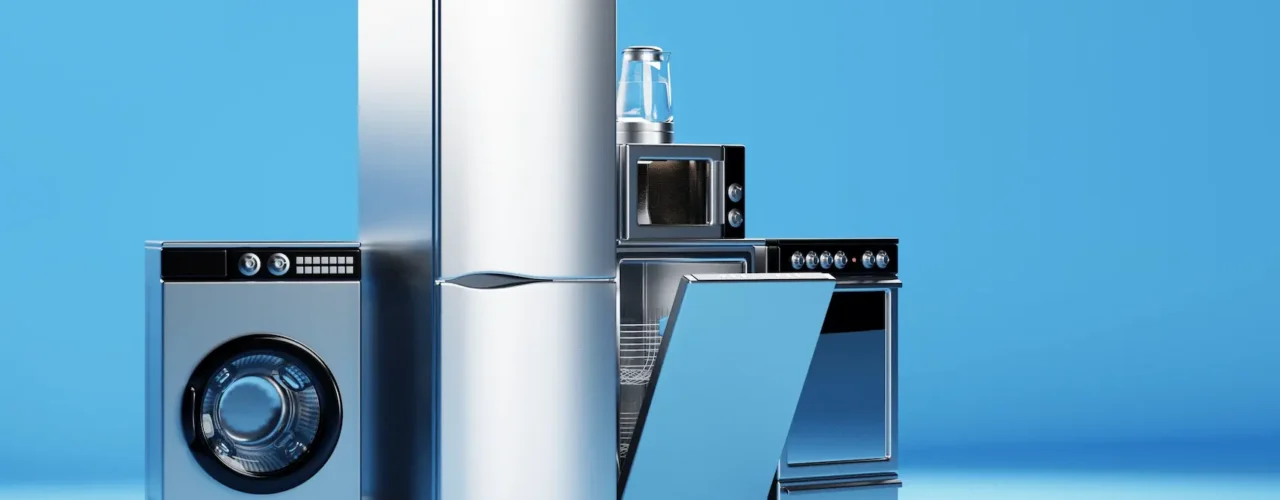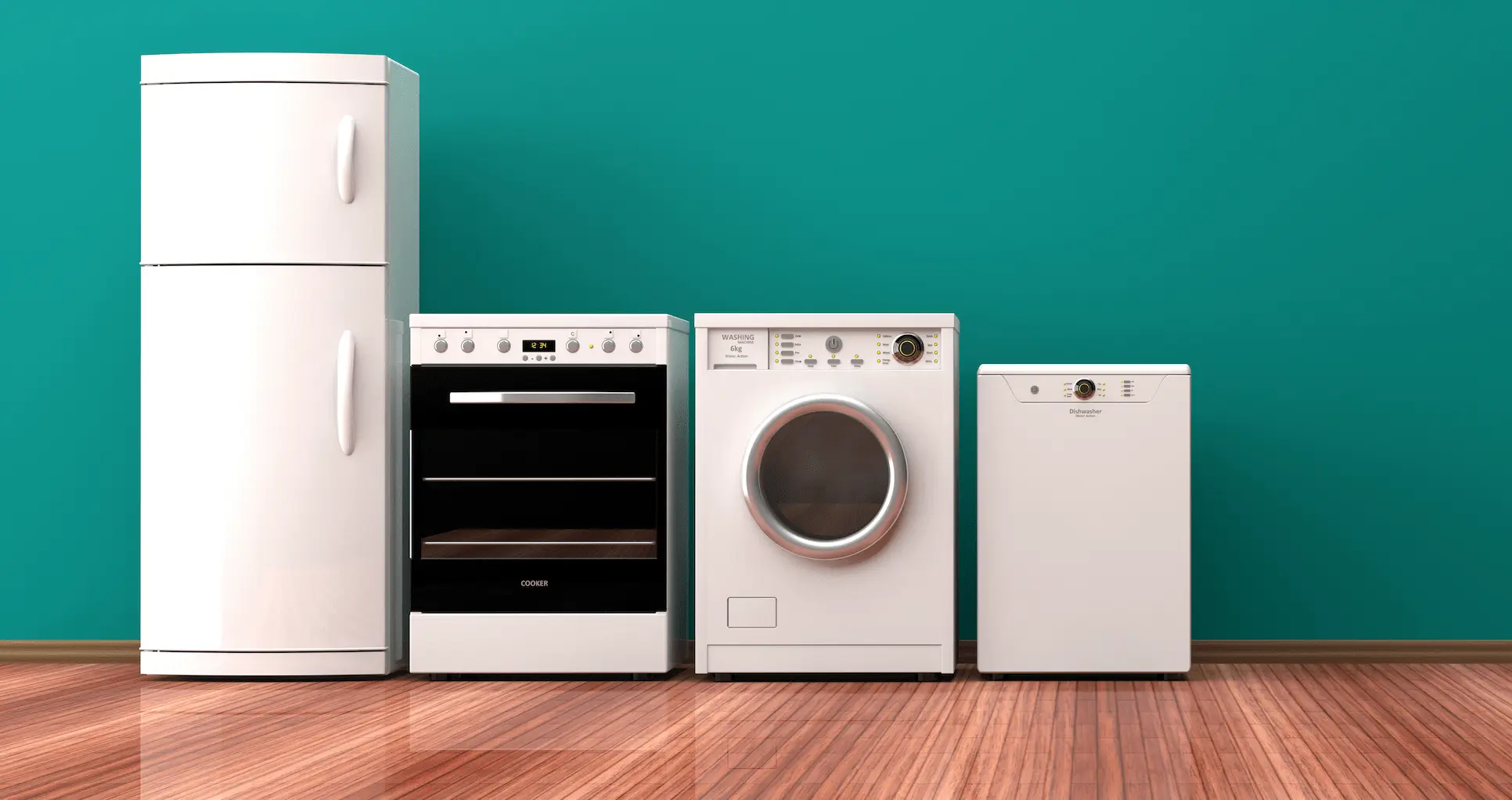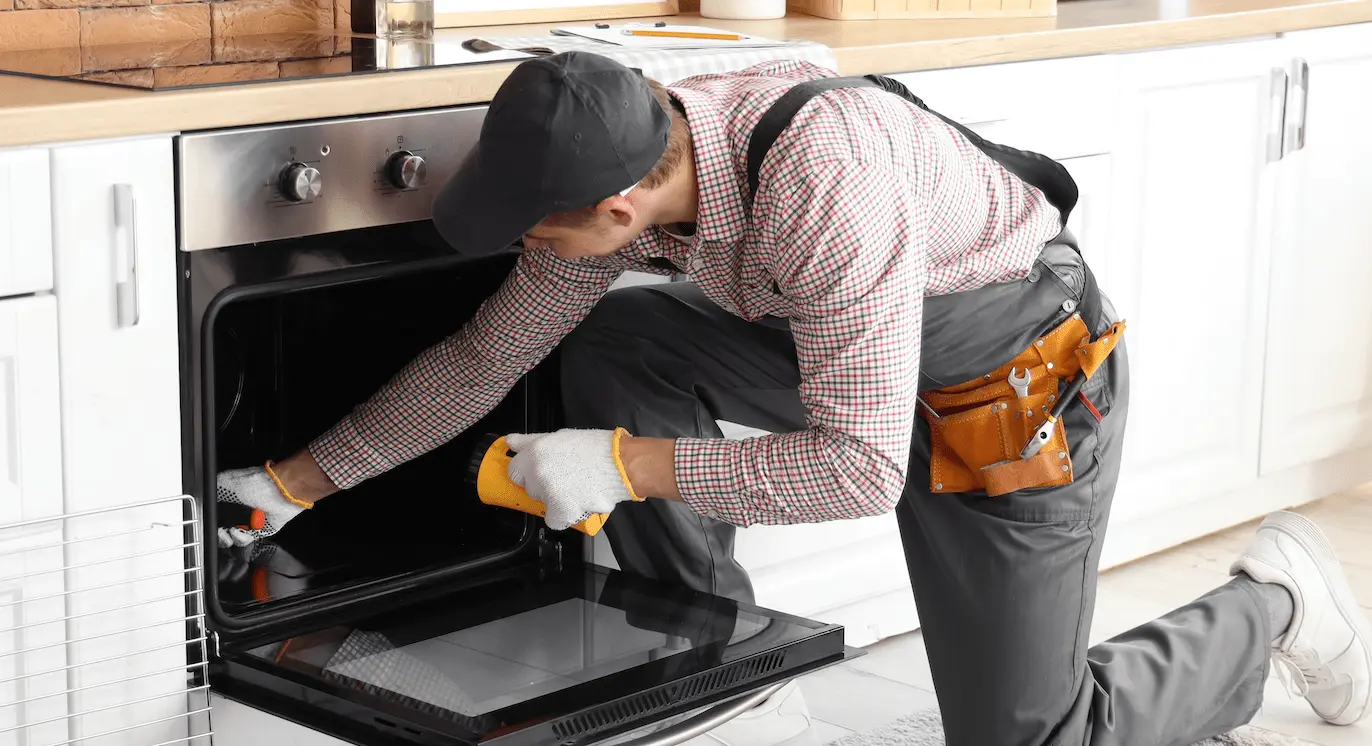
Are landlords responsible for appliances?
05-08-2025 | Property Maintenance & InteriorsWhether you’re a landlord working out how to furnish your rental property, or a tenant using the utilities, you’re probably asking, ‘are landlords responsible for appliances?’ Understanding whether landlords are responsible for fixing appliances is crucial for a smooth tenancy without regular disputes.
This guide will clarify which appliances landlords are typically responsible for providing and maintaining. It will also highlight appliances that tenants have to manage themselves. It will explain how responsibilities should be outlined in the tenant agreement and showcase the difference between supplied and optional appliances.
The article will also briefly explain fair wear and tear and tips for handling repairs and replacements. So, are landlords responsible for appliances? Let’s find out.

What appliances do landlords need to provide?
Typically, landlords will provide essential items such as ovens, fridges, washing machines and other white goods in both unfurnished and furnished properties. By law, landlords need to provide ‘adequate cooking facilities’. Therefore, an oven, hob, or cooker needs to be included in the property. A microwave alone will not meet the ‘adequate cooking facilities’ requirement.
Landlords typically include more items in furnished properties, such as sofas and beds. This is common in student lets due to the nature of the situation students find themselves in.
Essential vs. optional appliances
Essential appliances such as cooking appliances and boilers are items landlords are obliged to provide because they are an integral part of a property and the tenant’s habitability. Landlords are responsible for fixing these items because they will affect the tenant’s habitability if they break.
Optional appliances may be provided as a courtesy, such as washing machines and microwaves. The landlord is required to provide fixes for these appliances if they are included in the tenancy agreement, unless the tenant caused the damage.
Are landlords responsible for appliances?
If appliances are included in the tenancy agreement, landlords are generally responsible for their repair or replacement, subject to tenant damage. If the tenant has purchased the appliance, they are responsible for their repair or replacement.
What if the tenant damaged the appliance?
There are three main responsibilities for tenants when it comes to appliances. These responsibilities should be outlined in the tenancy agreement, which should be shared with the tenant at the start.
- Avoid misuse: Tenants need to follow the instructions when using appliances. For example, putting too many clothes in a landlord-provided washing machine can cause it to break. If this is the case, the landlord may not be responsible for repairing or replacing the appliance.
- Regular maintenance/cleaning: Tenants should clean appliances when needed. If a lack of cleaning or maintenance leads to a problem, then the landlord may not be responsible for the appliance.
- Inform the landlord of any problems: Tenants need to inform the landlord of any problems with the appliance. The landlord should do property inspections, but they can’t be expected to come regularly. Informing the landlord helps them carry out their responsibilities.

Fair wear and tear
Fair wear and tear is the amount of damage that can be reasonably expected throughout a tenancy. Unfortunately, it can be subjective, which reinforces the importance of creating an inventory list.
But are landlords responsible for appliances that are damaged through fair wear and tear? Yes, fair wear and tear damage is not a mitigating factor for the landlord. Landlords are responsible for repairing and replacing these items, as long as they have provided them and nothing in the tenancy agreement says otherwise.
Judging fair wear and tear can be difficult, which might make it difficult to determine if landlords are responsible for fixing appliances. To help, landlords should create an inventory list at the start of the tenancy. The inventory should include photographs, written descriptions and dates to help determine fair wear and tear. When assessing the damage, you can use the photos to compare.
Landlord tips for handling repairs and replacements
To manage the problem effectively and work out if landlords are responsible for fixing appliances, follow these tips.
- Respond quickly: When a tenant informs you that an appliance has broken, respond as soon as possible. Landlords should respond within a reasonable time frame (24 hours).
- Hire qualified professionals: Use Gas Safe engineers for gas appliances or certified technicians for electrical appliances to comply with UK safety standards.
- Keep records: Keep receipts, invoices and record everything that has happened. This will help build a history of the appliance and support fair wear and tear claims.
- Evaluate replacement vs. repair: If an appliance nears the end of its lifespan, replacing it may be more cost-effective than repeated repairs. It might also bring benefits in the long term.
- Consider insurance: Landlord insurance can help if landlords are responsible for appliances in question.
We have the expertise to find the best landlord insurance deals that are suitable for your needs as a landlord. Contact us today at 01788 818 670 for a quote, and don’t forget to visit our resource centre for more information on how to be a successful landlord.
We won't be beaten on any like for like landlord insurance quote.
Get a quote